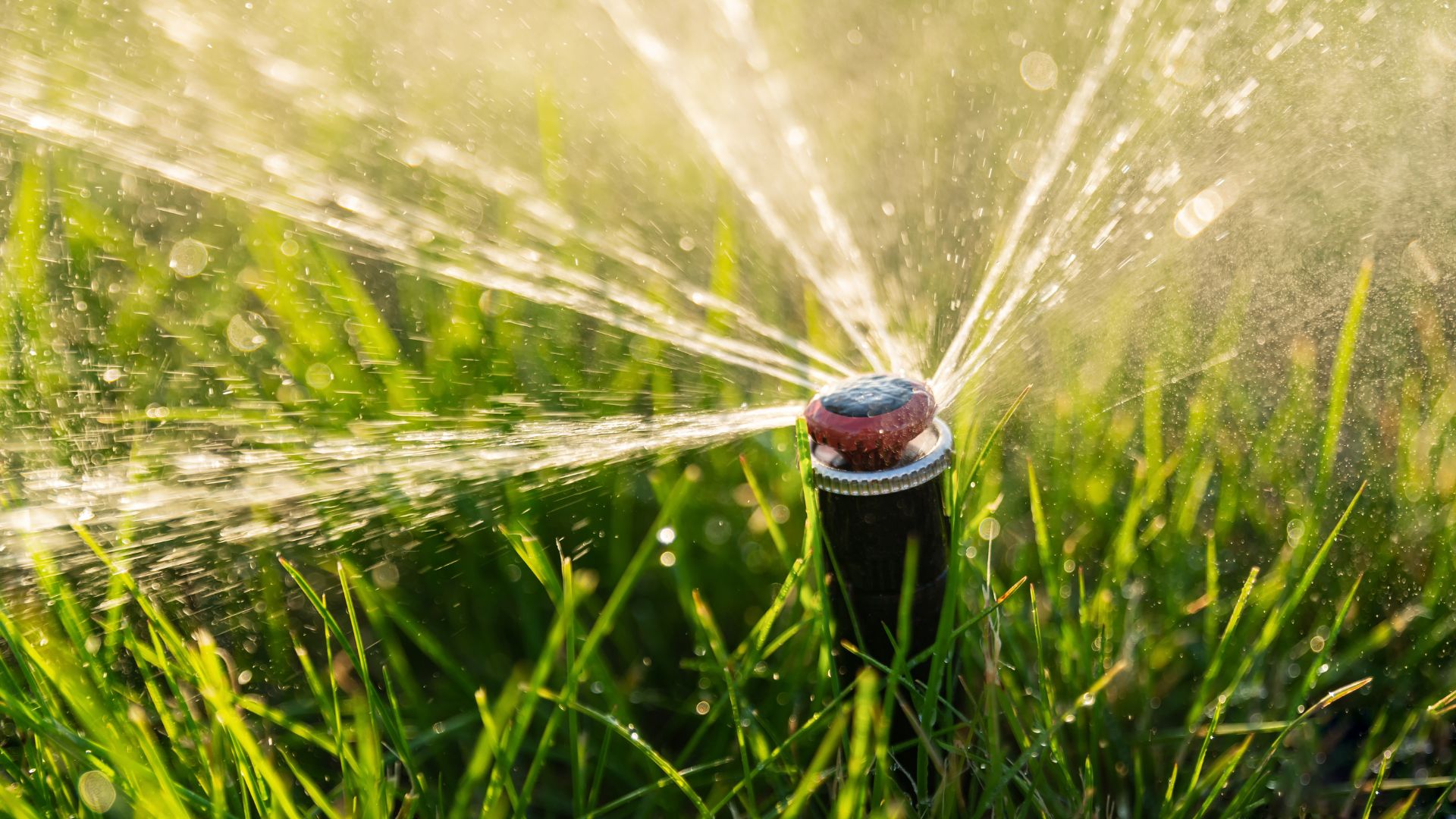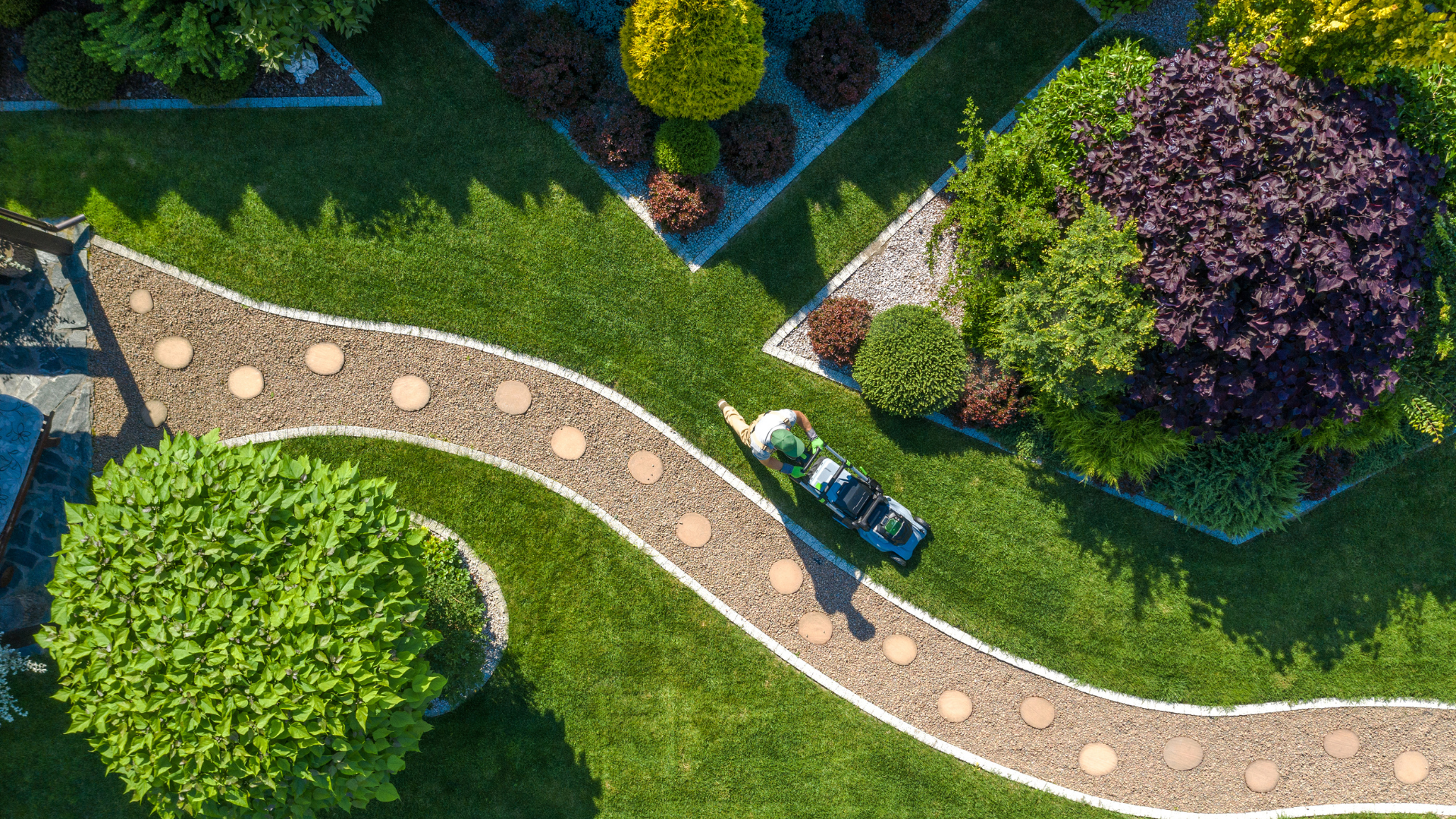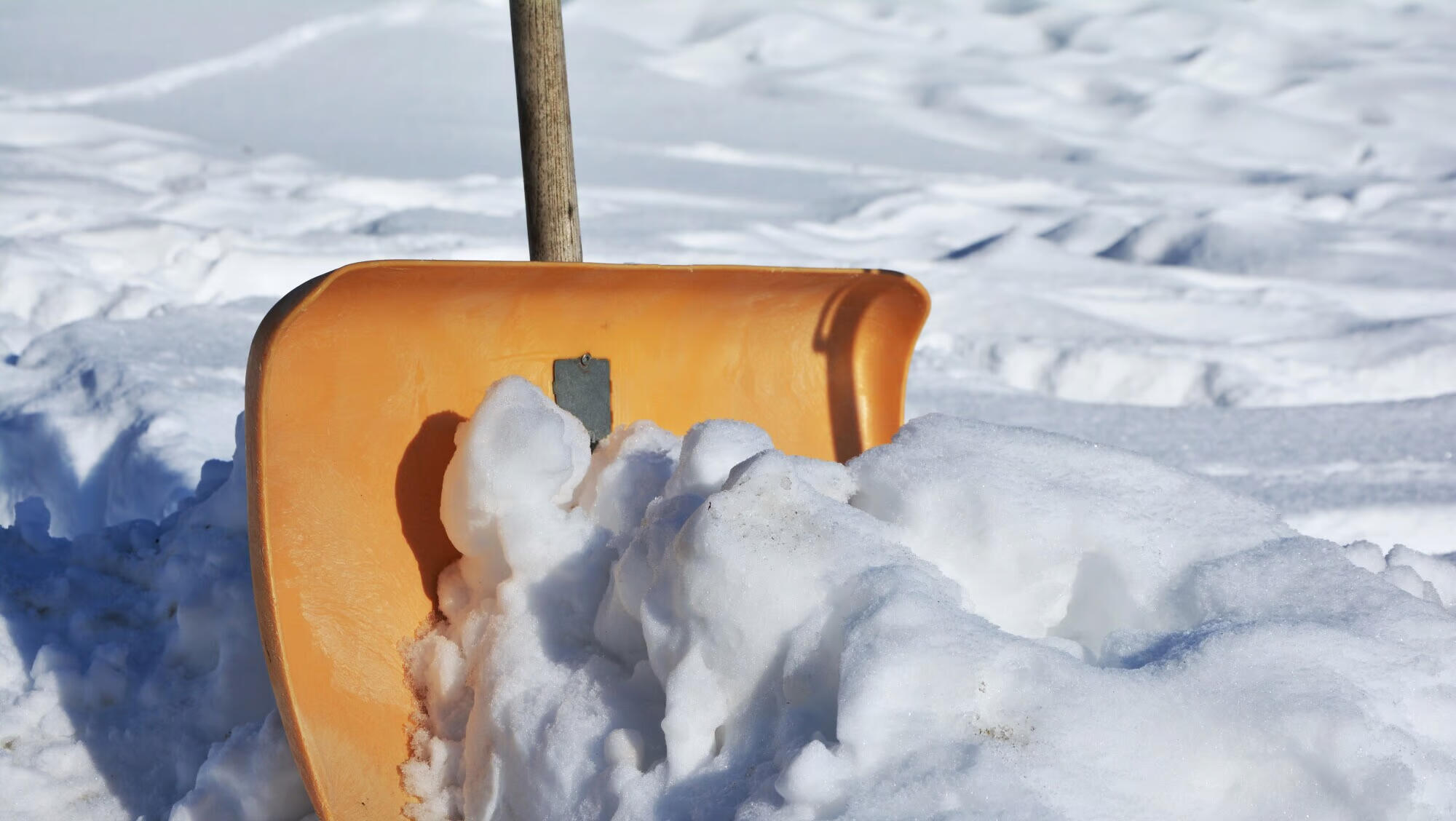With spring here, it is extremely important for property and facility managers to address their irrigation systems with thorough inspection and testing. Neglecting this crucial step can lead to costly damages and inefficiencies that could have been avoided. In this blog post, we will explore the key points of inspection and preventative maintenance for irrigation systems, highlighting the significance of early detection and regular upkeep.
Comprehensive Irrigation Inspection After Winter
After the long winter months, it is essential to conduct a comprehensive inspection of your irrigation system. Harsh weather conditions, freezing temperatures, and accumulated debris can cause significant damages that may go unnoticed until it’s too late. By checking for any visible signs of wear and tear, such as broken sprinkler heads, damaged pipes, or leaky valves, you can address these issues promptly before they escalate.
When bringing up the irrigation system for the first time in the season, an initial inspection should be performed. This involves turning on the water supply and observing the entire system in action. Pay close attention to any leaks, uneven water distribution, or unusual sounds that might indicate a problem. Identifying these issues early on allows for timely repairs, ensuring optimal performance throughout the watering season.
Importance of Preventative Maintenance
Preventative maintenance is a crucial aspect of irrigation system care. Throughout the season, it’s important to remember that not all landscape maintenance crews are irrigation experts. While they may not possess specialized knowledge, a normal person can still observe and identify visible problems. Therefore, it is imperative for maintenance crews to conduct regular visual inspections while on the property. This can involve looking for signs of leaks, misaligned sprinkler heads, or areas of overwatering or underwatering.
Early detection is key when it comes to maintaining a healthy irrigation system. Ignoring or postponing necessary repairs and maintenance only means that problems will multiply. A small leak or a malfunctioning sprinkler head can lead to significant water waste, increased utility bills, and even landscape damage. Regular inspections, vigilant observation, and proactive maintenance enable you to address these issues promptly and efficiently, saving you both time and money in the long run.
In addition to regular inspections, it’s crucial to perform routine preventative maintenance tasks. This can include cleaning or replacing clogged or malfunctioning sprinkler heads, adjusting spray patterns for efficient water distribution, and checking and repairing any damaged pipes or valves. By staying on top of these maintenance tasks, you can optimize the performance of your irrigation system, ensure water conservation, and promote a healthy and vibrant landscape.
Proper Shutdown for Winter Protection
At the end of the irrigation season, it is vital to properly shut down the system to prevent any potential damage during the winter months. This involves turning off the water supply and draining any standing water from the pipes. Neglecting this step can result in frozen pipes and subsequent leaks or bursts when temperatures drop. By taking the time to shut down the system correctly, you can safeguard it against winter-related damages and ensure its longevity.
Professional Maintenance
Heading off the flood of irrigation problems requires a proactive approach to inspection and preventative maintenance. Conducting thorough inspections after the winter season, checking for damages, and addressing them promptly are vital steps. Regular visual inspections throughout the watering season can help spot any emerging issues. The professionals at Diaz Group can identify any small issues to prevent them from growing into large problems.
If you’re interested in discovering more about our irrigation system maintenance services, don’t hesitate to give us a call. Contact us today to get all the information you’ll need on our irrigation system services.



